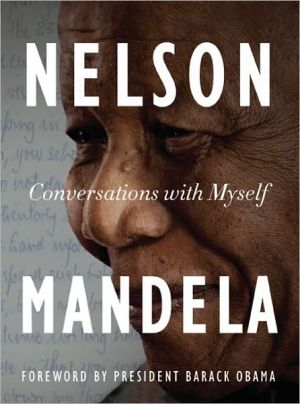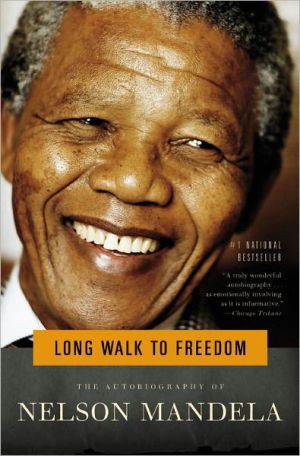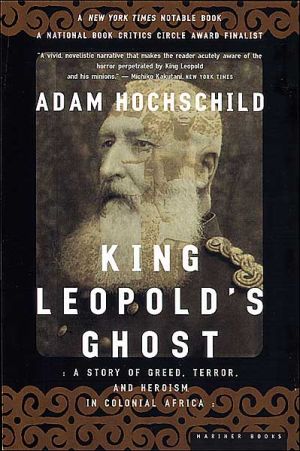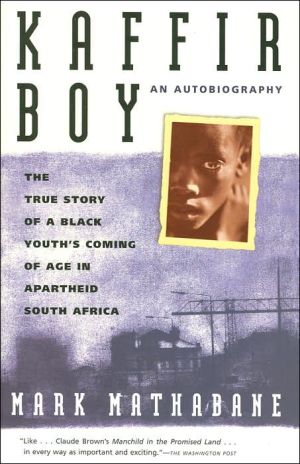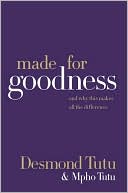Identity and Ethnic Relations in Africa
The theme of Bloom's controversial collection is the conflict between the individual struggle for self-identity and the socio-cultural imposition of ethnic and other identities. A social psychologist writing in the classical psychoanalytic tradition, Bloom draws on forty years of research and more than twenty years of living in Africa as a practicing psychologist committed to an involvement with everyday social and personal problems. In the first two papers, Bloom champions his conviction...
Search in google:
The theme of Bloom's controversial collection is the conflict between the individual struggle for self-identity and the socio-cultural imposition of ethnic and other identities. A social psychologist writing in the classical psychoanalytic tradition, Bloom draws on forty years of research and more than twenty years of living in Africa as a practicing psychologist committed to an involvement with everyday social and personal problems. In the first two papers, Bloom champions his conviction that the psychology establishment has been too detached, and must begin to serve collaboratively the 'non-western' world. Ranging widely, Bloom examines the influences of culture and psychotherapy, and applies his analysis to the psychopathological aspects of imposed ethnic identity. Three papers detail the emotional damage of apartheid and asks how young people have grown-up 'normal' in a pathologically ethnic-centered society. In a unique paper, Bloom describes and analyses his making a home with three young Africans in South Africa as a quasi-family since 1992. The final papers scrutinize the problems of freedom and reconciliation in a South Africa, still intensely authoritarian and ethnic-oriented. Booknews A social psychologist who raised three South African adolescents in the apartheid era argues that humanistic psychology is relevant to the daily strivings of Third World peoples ("psychotherapy is not the white man's personal juju!"). Beyond some personal narrative on his African experience, the author offers a psychoanalytic critique of ethnic identity as a narcissistic defense mechanism and from this orientation, focuses on the emotional consequences of apartheid's enforced ethnicity. CiP lists a subtitle of "towards collective and individual psychotherapy." No index. Annotation c. by Book News, Inc., Portland, Or.
ForewordPrefaceThe Series Editor's PrefaceAcknowledgementsCh. 1Toward a Relevant Psychology1Ch. 2Social Science in Africa: Problems and Prospects40Ch. 3Psychotherapy and Culture: A Critical View58Ch. 4Cultural Fragmentation and Mental Distress89Ch. 5Ethnic Identity: A Psychoanalytic Critique103Ch. 6The Emotional Damage of Apartheid: A Psychoanalytic View121Ch. 7Apartheid's Children: The Emotional Costs141Ch. 8Quasi-family, Quasi-psychotherapy: Six Years of Living Together, Black and White, in South Africa157Ch. 9After the War is Over: Truth and Reconciliation? Reflections from South Africa186
\ BooknewsA social psychologist who raised three South African adolescents in the apartheid era argues that humanistic psychology is relevant to the daily strivings of Third World peoples ("psychotherapy is not the white man's personal juju!"). Beyond some personal narrative on his African experience, the author offers a psychoanalytic critique of ethnic identity as a narcissistic defense mechanism and from this orientation, focuses on the emotional consequences of apartheid's enforced ethnicity. CiP lists a subtitle of "towards collective and individual psychotherapy." No index. Annotation c. by Book News, Inc., Portland, Or.\ \


